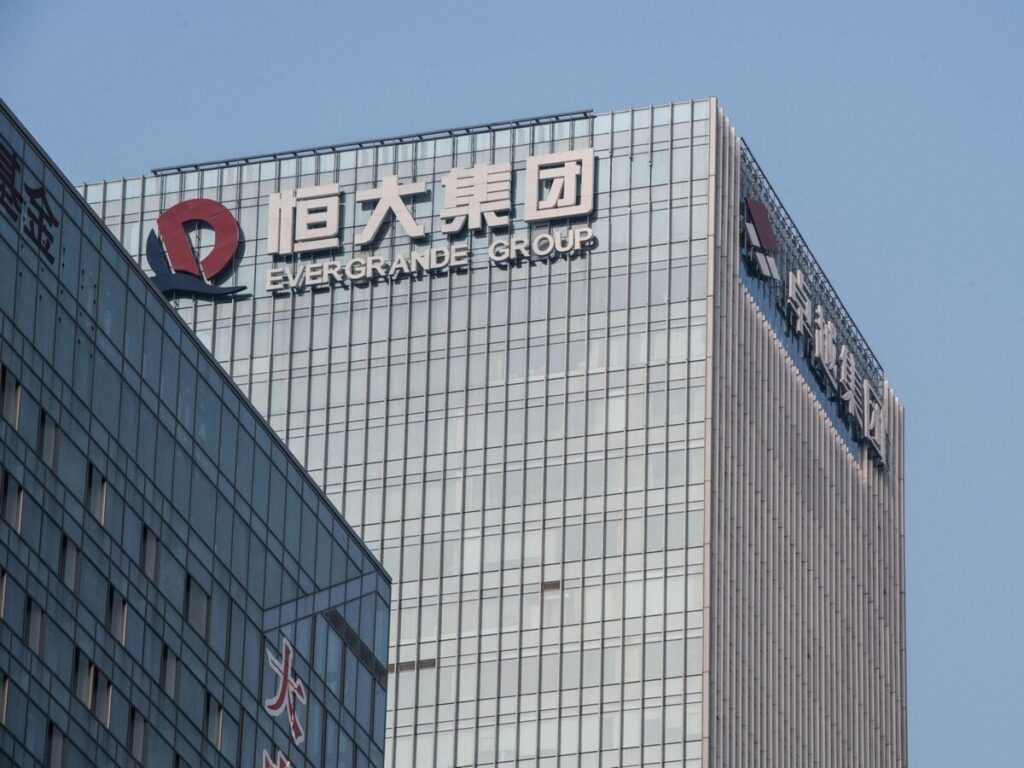The Hong Kong Court Orders Evergrande’s Liquidation Amid the Mounting Debt Crisis

Amidst its staggering debt crisis, Chinese real estate titan Evergrande has been instructed to undergo liquidation by a Hong Kong court, marking a pivotal development in the beleaguered company’s tumultuous journey.
Judge Linda Chan, underscoring Evergrande’s persistent failure to devise a debt restructuring strategy, emphasised that “enough is enough,” compelling the court to initiate the liquidation process.
With debts surpassing $300 billion, Evergrande’s financial woes have reverberated globally since its default two years ago, rattling financial markets worldwide.
Expressing regret over the court’s decision, Evergrande’s executive director, Shawn Siu, affirmed the company’s commitment to maintain operations within mainland China, asserting autonomy between its Hong Kong and mainland entities. Despite the uncertainty surrounding the impact of the ruling on Evergrande’s core home building operations, the company’s crisis has left numerous homebuyers in limbo, awaiting the completion of their properties.
The court’s decree is poised to trigger broader repercussions across China’s financial landscape, coinciding with efforts by authorities to mitigate stock market turbulence amid the property sector’s significant economic contribution.
Evergrande’s shares plummeted over 20% in Hong Kong following the announcement, prompting a suspension of trading as the spectre of liquidation looms large over the embattled conglomerate.
Although liquidation entails asset seizure and debt repayment, its execution hinges on Chinese government intervention, with no guarantee of Evergrande’s collapse. While the recent legal accord between China and Hong Kong aimed to streamline civil and commercial judgements, its impact on Evergrande’s liquidation remains uncertain, further muddling the company’s fate.
As Evergrande grapples with mounting debts, creditors vie for restitution, underscoring the labyrinthine challenges of navigating China’s legal landscape amidst financial turmoil. While Evergrande’s offshore assets face potential liquidation, the company’s intricate corporate structure complicates the resolution process, amplifying uncertainties for stakeholders.
Judge Chan’s resolute stance signals broader implications for China’s distressed developers, amplifying concerns across the sector and prompting introspection on the resilience of China’s real estate ecosystem.
The saga surrounding Evergrande epitomises the intricate interplay between legal jurisdictions, financial exigencies, and regulatory oversight, underscoring the multifaceted challenges confronting China’s economic landscape. As Evergrande navigates the intricacies of bankruptcy proceedings, its fate remains entwined with the broader trajectory of China’s real estate market, portending seismic shifts in the industry’s landscape.
